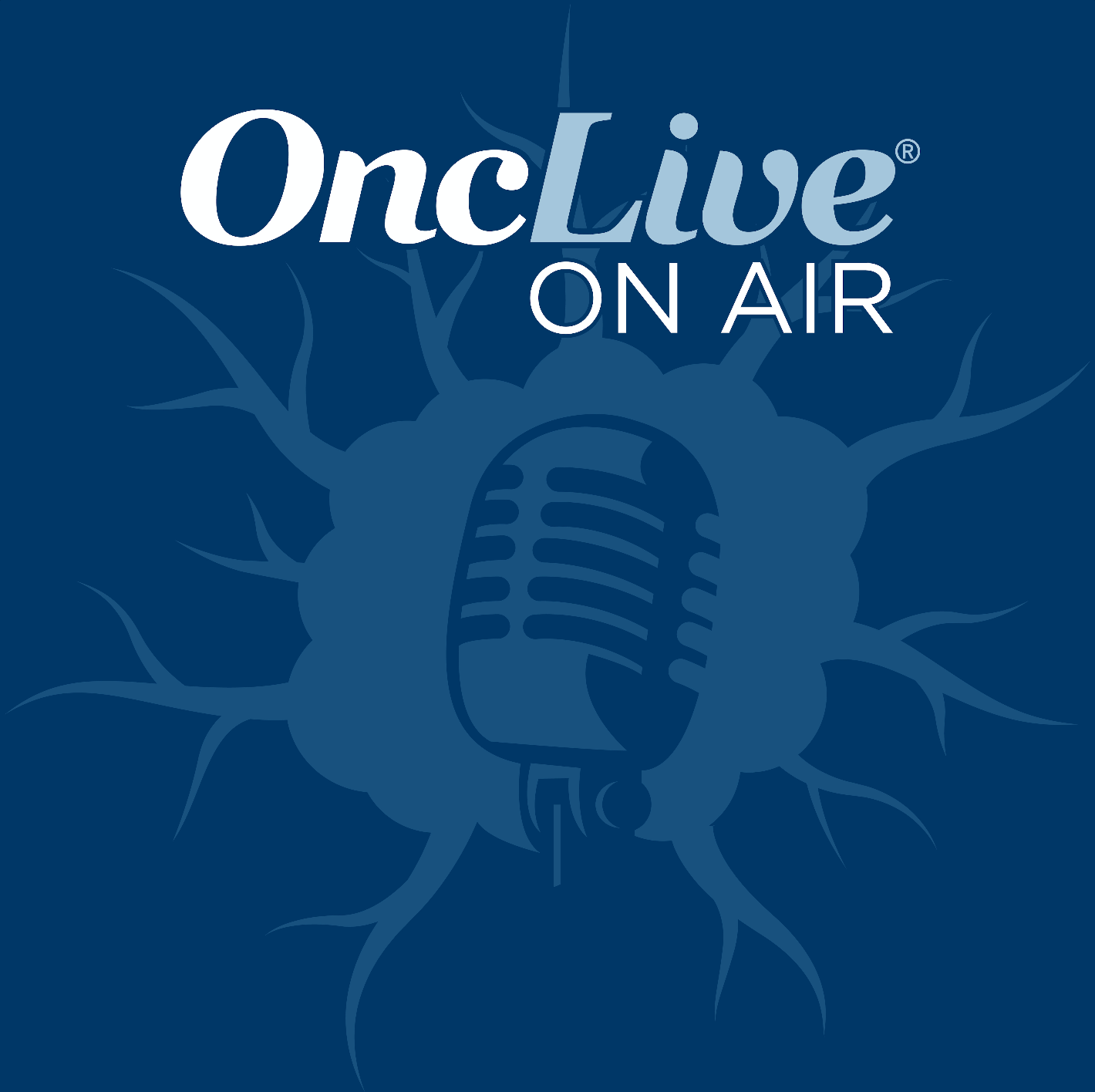Video
Dr. Razis on the Significance of TERT in the Presence of NF1 in GBM
Author(s):
Evangelia Razis, MD, PhD, medical oncologist, Hygeia Hospital, Athens, Greece, discusses the significance of TERT mutations in the presence of NF1 mutations in patients with glioblastoma (GBM).
Evangelia Razis, MD, PhD, medical oncologist, Hygeia Hospital, Athens, Greece, discusses the significance of TERT mutations in the presence of NF1 mutations in patients with glioblastoma (GBM).
When investigators did a multivariate analysis of 101 patients with brain cancer, they found that in the presence of NF1 mutations, TERT did not show a significant correlation with overall survival. Patients who had an NF1 mutation had very poor prognosis. Harboring a NF1 mutation seemed to be a significant driver in prognosis, says Razis. Age was also a significant parameter for prognosis, explains Razis.
More importantly, Razis states that TERT loses its importance in the face of NF1. The analysis included 101 patients and provides valuable information for physicians moving forward.
Additionally, even though it has been known that NF1 is associated with the mesenchymal subtype, patients who have neurofibromatosis and GBM do not seem to have a poor prognosis. Though rare, patients with GBM who are seen in the setting of neurofibromatosis are associated with having a better prognosis. This stands at odds with the findings of NF1 somatic mutations, explains Razis.








